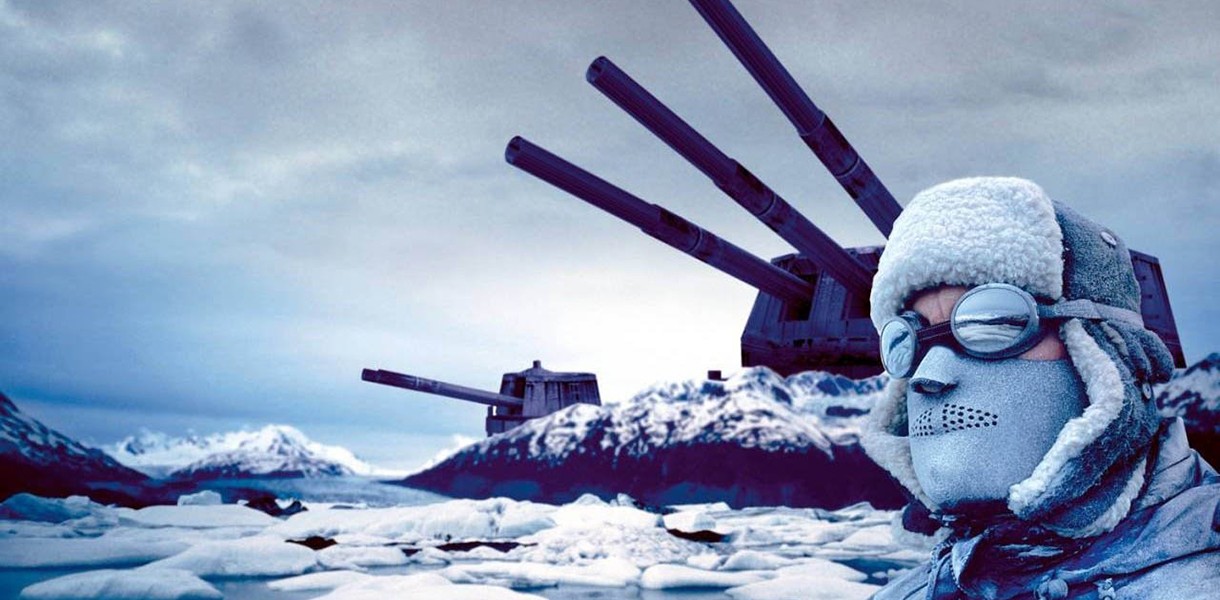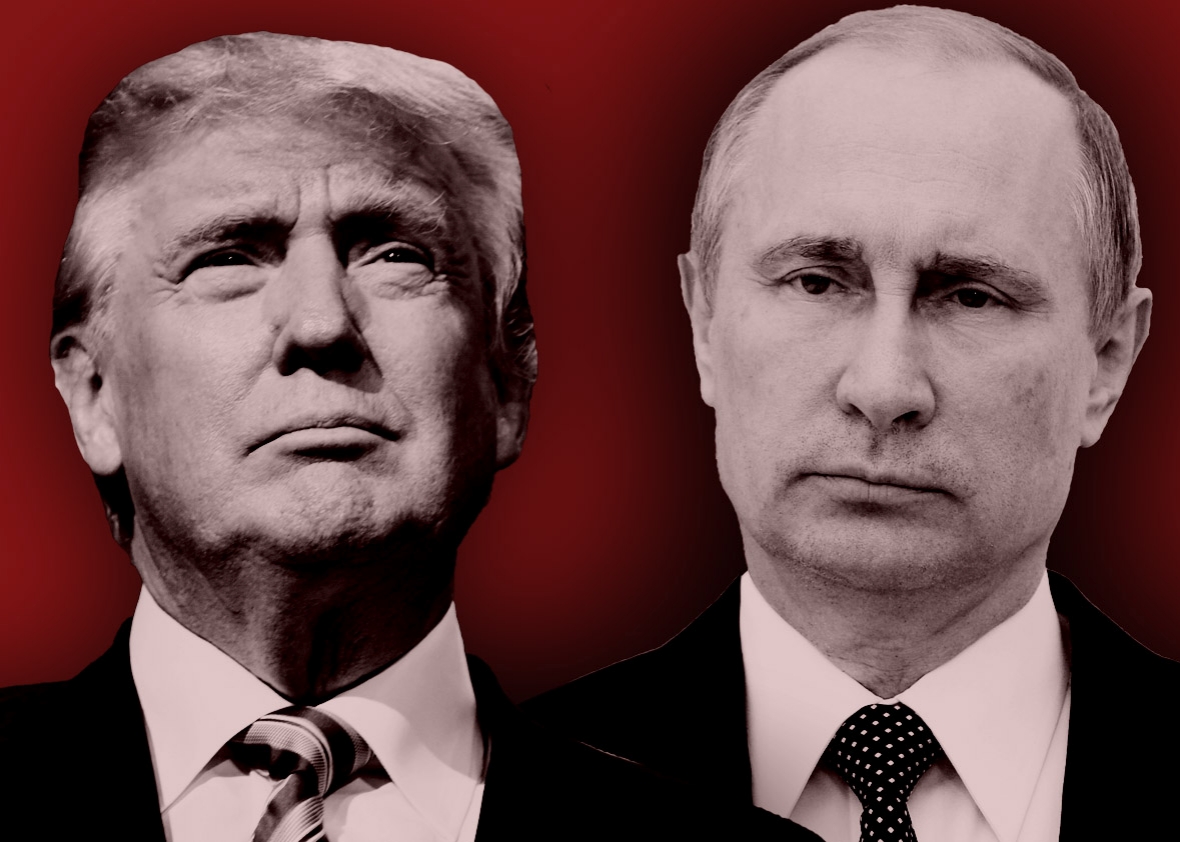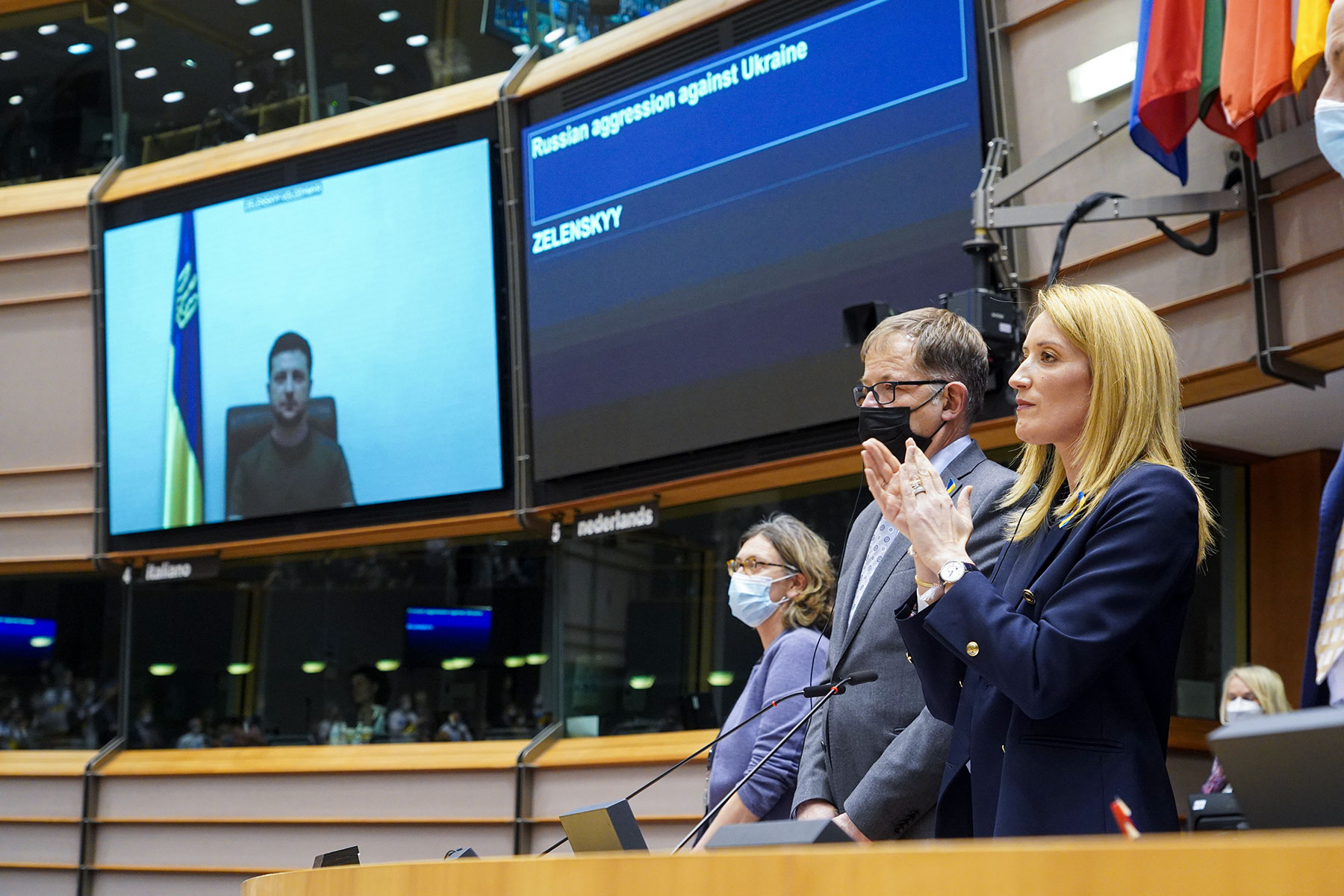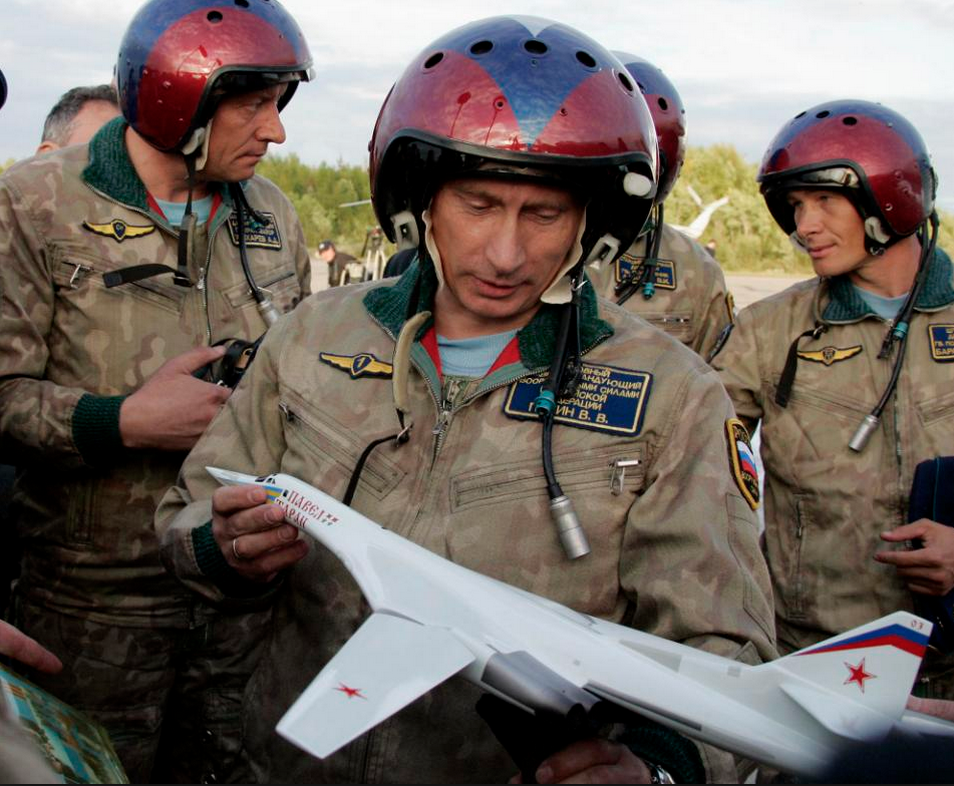Samuel Huntington thought that Ukraine was a country divided by “the clash of civilizations,” and this notion lies behind both the actions of Vladimir Putin and the current understanding of many in the West. But it is profoundly wrong, according to Yaroslav Hrytsak, a historian at Kyiv’s Ukrainian Catholic University.
In an essay in Ukraine’s Novoye Vremya
devoted to recent Western theories about the international system, Hrytsak says that Huntington in contrast to all the others is well known in Ukraine because his ideas continue to influence the thinking of so many non-Ukrainians about what Ukraine in fact is.
That unfortunate reality, the Kyiv historian continues, was very much on public view at the recent economic forum in Poland in the course of which one of the three panels devoted to Ukraine was “called in the Huntingtonian fashion – ‘The Clash of Values: The Battlefield of Ukraine.’”
First of all, Hrytsak points out, these critics have pointed out that in his work, Huntington mistakenly viewed the Catholic west of Ukraine as simply part of the West and the Orthodox east as simply part of the Orthodox world. But in fact, both parts were and are “hybrids” of east and west.
As Hrytsak notes, “the Ukrainian Greek Catholic Church accepted the authority of the Vatican but retained its Orthodox liturgy and dogmatic teachings. And this hybrid formation survived all the repressions in the Russian Empire and the USSR, being one of the most dynamic Christian churches in the world.”
Second
, a new and more powerful argument against Huntington’s view was “the defeat of ‘the Russian spring’ in Ukraine in 2014. Experts who know Putin suggest that he took the thesis about the clash of civilizations as the basis of his plan for Ukraine. His calculation was simple: as soon as Russian forces entered the country, it would split along the Huntington line.”
In that event, “Eastern Orthodox Ukraine would voluntarily unite with Moscow.” But as now is obvious, “this didn’t happen,” Hrytsak continues. And the reasons is simple:
And third, the Ukrainian historian says, Huntington made yet another mistake which has implications for Ukraine. He believed that the line of division would be horizontal, among regions and countries, rather than vertical within them. And thus he ignored the fact that many in one civilization looked to other civilizations for inspiration.
“Even in Western Europe,” Hrytsak continues, “many would like to see Putin as the leader of the world, while in the Muslim world, there are not a few supporters of Western democracy.” Indeed, he says, research shows that “now the chief ‘clash of civilizations
’ has broken out around ‘eros’ rather than ‘demos,’” about the inclusion of women.
No society can flourish “if a significant part of its population – as for example the serfs in the Russian Empire of the black population in the US – is excluded from equal participation in public life.” And Ukraine in this regard is part of the West European civilization rather than the Russian one.
That was demonstrated at the Polish conference, Hrytsak says. Not only were there are large number of delegates interested in the West who came from the eastern portions of Ukraine, but “many of them” were women, yet another indication that the horizontal divisions Huntington talked about are not appropriate for talking about Ukraine.
Related:
- Seven reasons why Putin's war in Ukraine is a turning point in Russian and world history
- Orientalism reanimated: colonial thinking in Western analysts' comments on Ukraine
- Why do many Westerners show sympathy to Russia and Communism -- but not to their victims?
- Ukrainian conflict is between 'heirs of Kyivan Rus' and 'heirs of Golden Horde'
- Why there are Muslim crescents on Orthodox crosses in Moscow but not in Kyiv
- Counterfeiters. How Russia is rewriting history again
- In Memory of Orest Subtelny, historian of the Ukrainian state
- Are scholars from the Institute of National Memory "whitewashing" the history of Ukraine? Volodymyr Vyatrovych responds to Josh Cohen's article in Foreign Policy
- History in a bottle: unique documents belonging to UPA family found in Ivano-Frankivsk Oblast
- The History of the Ukrainian National Flag (Infographics)





